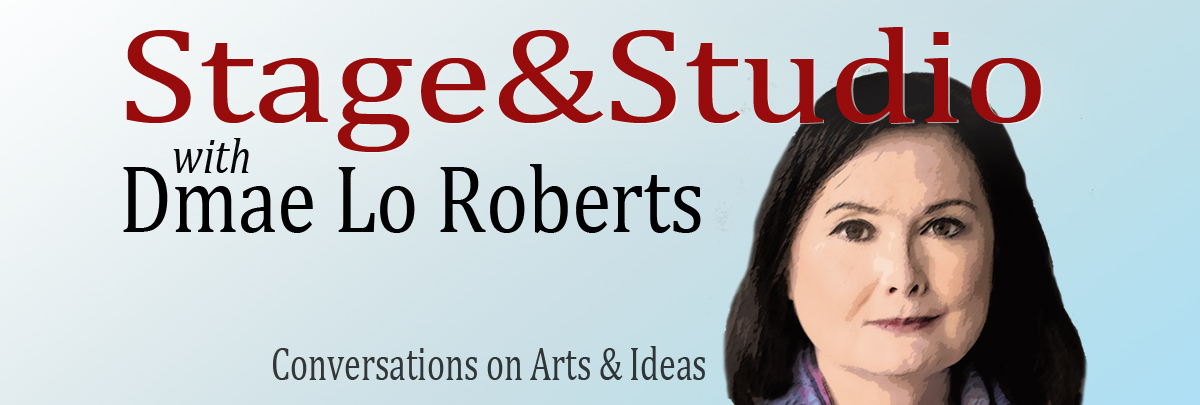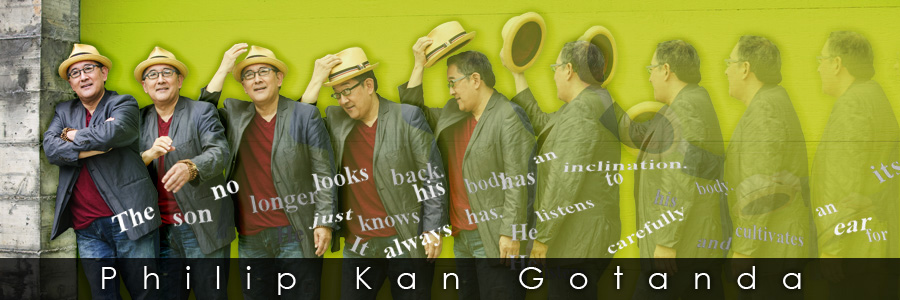Philip Kan Gotanda: Timeless Playwright
A conversation with Philip Kan Gotanda, one of the most prolific and successful playwrights in the country. He was at Portand’s Reed College to speak for their Aloud series. Dmae Roberts talks with Gotanda about the unexpected pathway of his career, several of his plays and films and his experiences adapting his Japanese American family in The Wash to a Jamaican family for a production at San Francisco’s Lorraine Hansberry Theatre.Â
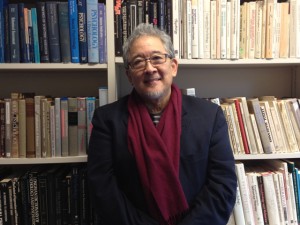
For more than three decades, Gotanda has been a major influence in the broadening of our definition of theater in America  Gotanda tells human multicultural stories with memorable characters throughout American history. The creator of one of the largest bodies of Asian American-themed work, Gotanda is also known for working with a range of aesthetic styles—from jazz to spoken word, dance to symphonic, and opera to indie film—and varied subject matter—from controversial social issues such as male violence against women to the intersectionality of Asian American and African American communities.
Podcast: Play in new window | Download
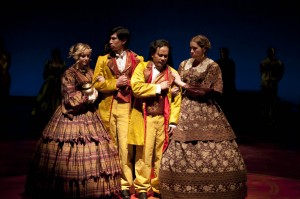
Gotanda is a recipient of a Guggenheim as well as other honors and award and is currently teaches at University of California, Berkeley. His started off as a musician with a law degree from Hastings College of Law. Before they were playwrights, he and fellow musician David Henry Hwang performed together and toured around California. His journey to becoming one of the top American playwrights was unexpected and fortuitous for the development of multicultural theatre.
On his website, he writes:
“No one is ever just one thing: the label that has been given them, the definition that one has accepted and lives within. Nonetheless, so much of what we work and live by seems based on these seemingly transparent assumptions.  I am a playwright, I am an American playwright, I am an Asian American playwright, I am an Asian American playwright of Japanese descent, or, I am not an Asian American playwright. They serve their purpose.  In the end we are all beings in flux, in continual invention and reformation. We must use social labels and self-defining names as they should be used, as convenient constructs to get a handle on the shifting world, to be replaced by more suitable ones as the world shifts again, as we shift again.”
You can hear Stage & Studio at:
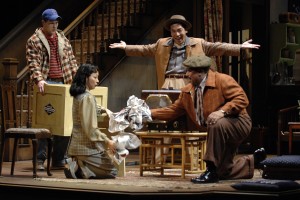
- the KBOO website and on 90.7FM live at 11am on Tuesdays
- Saturdays 11am on KZME, 107.1FM
- Don’t want to miss a single episode? Subscribe to Stage & Studio On iTunes!
